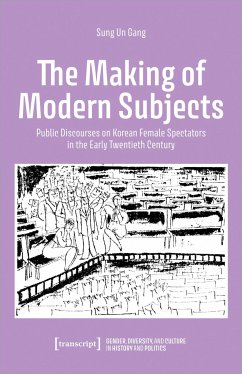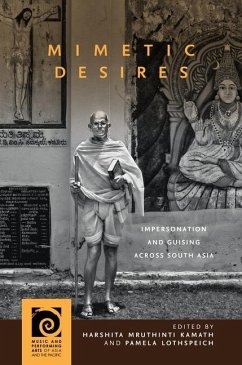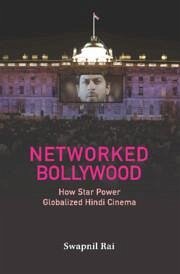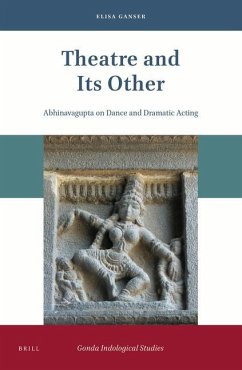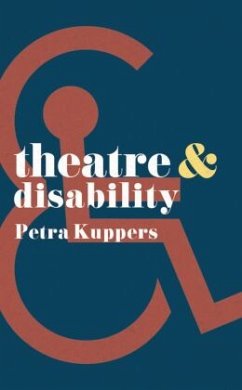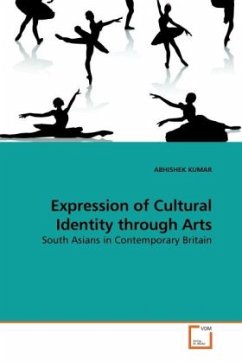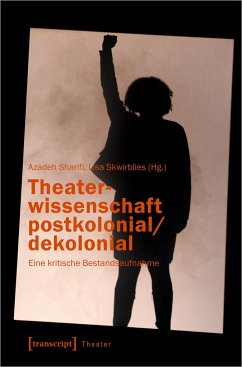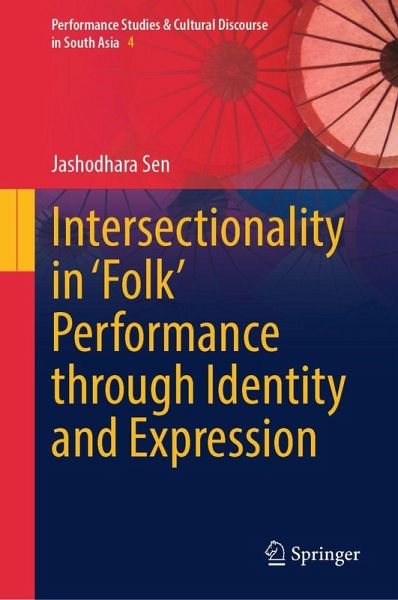
Intersectionality in 'Folk' Performance through Identity and Expression
Versandkostenfrei!
Versandfertig in 6-10 Tagen
106,99 €
inkl. MwSt.

PAYBACK Punkte
53 °P sammeln!
This book offers a critical lens on understanding jatra as a historical-cultural performance and reveals its impact on class and gender politics across India. It challenges colonial authority and navigates complex political nuances across cultures. Through exclusive interviews, the book articulates how jatra, as a performance form, has been marginalized and "othered" due to entrenched class and gender-based hegemony. It explores the fusion of multiple folk forms and their ideals within jatra, resulting in its hybrid identity. Each chapter examines the historical exchanges between performance a...
This book offers a critical lens on understanding jatra as a historical-cultural performance and reveals its impact on class and gender politics across India. It challenges colonial authority and navigates complex political nuances across cultures. Through exclusive interviews, the book articulates how jatra, as a performance form, has been marginalized and "othered" due to entrenched class and gender-based hegemony. It explores the fusion of multiple folk forms and their ideals within jatra, resulting in its hybrid identity. Each chapter examines the historical exchanges between performance and cultural practices. It sheds light on how class and gender identities intertwined with folk forms and street performances have influenced contemporary jatra's hybrid identity formation. It is an intriguing book for scholars in Theatre and Performance Studies, Cultural Studies, South Asian Studies, Gender and Queer Studies, and Postcolonial Studies. Also, it offers valuable insights for scholars in modern Indian languages and those exploring folk performances in contemporary India. It is a valuable resource for theatre and literary theory classrooms, graduate seminars, and scholars examining the challenges of translating culturally specific texts.



